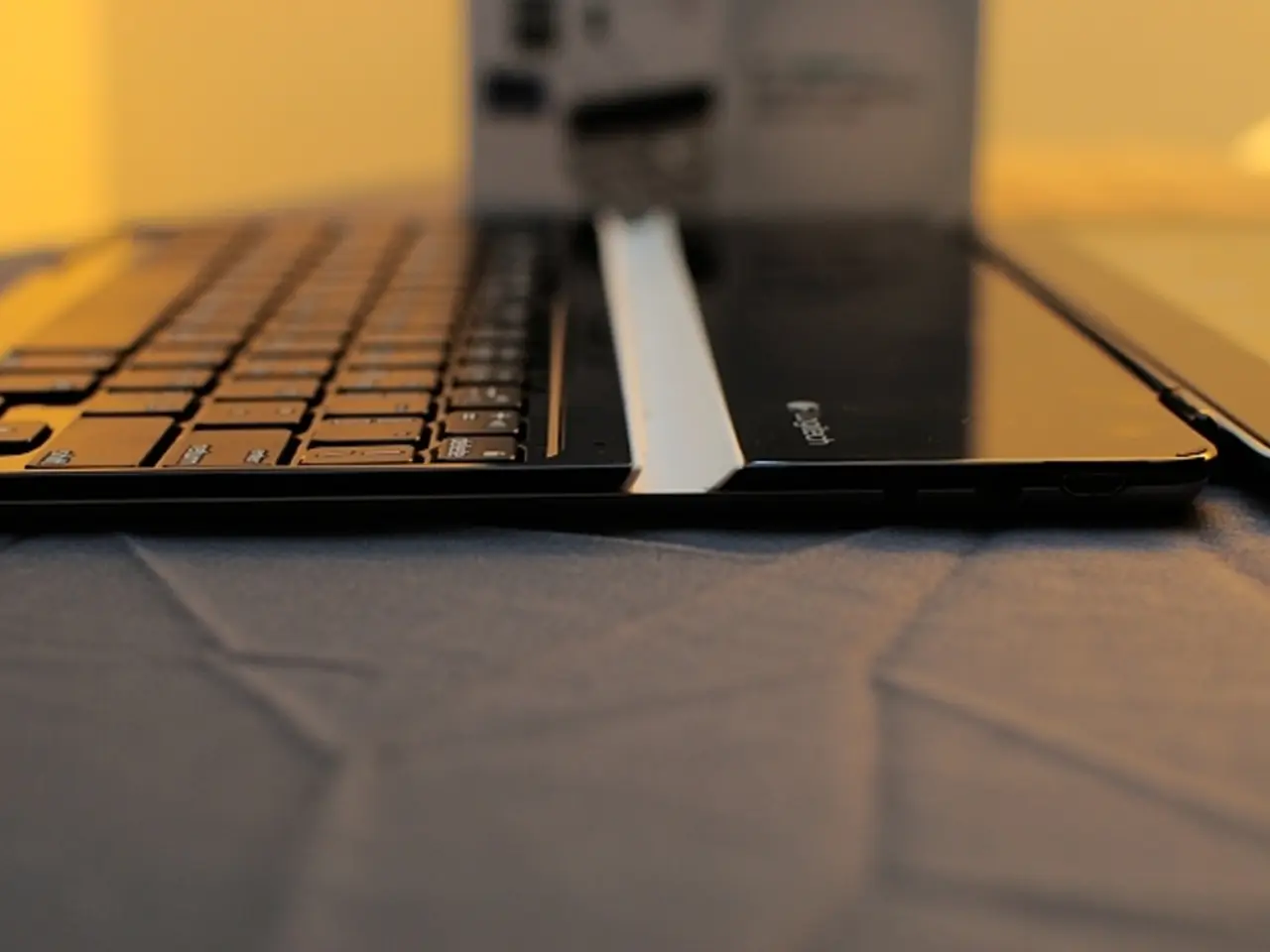Laptop-capable AI innovation unveiled by OpenAI
OpenAI, the company behind ChatGPT, has announced the launch of two new AI models: gpt-oss-120b and gpt-oss-20b. These open-source models are designed to deliver powerful text generation and reasoning capabilities for both local use and cloud deployment.
Capabilities and Technical Details
The gpt-oss-120b model, with 117 billion parameters, is equipped to handle extremely large context windows (128K tokens) and excels at coding, scientific analysis, and mathematical reasoning. It can run efficiently on a single 80 GB GPU. On the other hand, the smaller gpt-oss-20b model, with 21 billion parameters, is designed for on-device use or local inference, making it suitable for consumer laptops with as little as 16 GB RAM.
Both models show impressive performance. The 120b model achieves near parity with OpenAI's proprietary o4-mini on core reasoning benchmarks, while the 20b model delivers performance close to the smaller o3-mini model. They also employ advanced technical features such as the use of mixture-of-experts (MoE) for memory efficiency, grouped multi-query attention, and Rotary Positional Embeddings for large context windows.
Local Use and Deployment
The gpt-oss-20b model's small memory footprint allows for local deployment on typical consumer hardware, eliminating the need for costly cloud infrastructure. This makes rapid iteration and privacy-focused deployments feasible. The models are also available through AWS services like Amazon Bedrock and SageMaker JumpStart, offering a blend of cloud manageability and open-weight access, giving users full control over their infrastructure and data.
Competition with DeepSeek and Market Position
In the cloud environment, these models outperform DeepSeek-R1 by a factor of 18 in terms of price-performance efficiency. They also outperform comparable models like Gemini and OpenAI's o4 model by factors of 7x to 10x. OpenAI's approach of blending open-weight availability with plug-in integration capabilities provides a hybrid infrastructure advantage over more closed or monolithic systems like DeepSeek.
Potential Applications
These models are ideal for building generative AI applications involving complex reasoning, coding assistance, scientific problem-solving, and mathematical analysis. They support agentic workflows and integration with frameworks like Strands Agents, enabling autonomous AI agents that utilize external tools and APIs. The large context windows allow for advanced document summarization, long-form content generation, and enhanced conversational AI without context loss.
In summary, OpenAI's gpt-oss-120b and gpt-oss-20b offer open-source, high-performance, and flexible AI models designed for both cloud and local use. These developments have strong implications for democratizing AI technology, increasing competition in the foundation model market, and enabling advanced, cost-efficient text generation and reasoning applications. Unlike some AI programs, these models generate only text and not images or videos. The publication of these new AI models by OpenAI is a response to the competition in the AI industry, particularly from DeepSeek. The "Open-Weight" models allow developers to view and adjust parameters, making them adaptable by other developers. These new models can be run locally on a notebook and are designed to be used on personal servers and tailored to individual needs. They are not specifically limited to use on Facebook, Twitter, Whatsapp, E-Mail, Drucken, or Link kopieren platforms.
The so-called open-weight models, like OpenAI's gpt-oss-120b and gpt-oss-20b, are new additions to the field of artificial-intelligence technology. They show impressive performance in areas such as coding, scientific analysis, and mathematical reasoning, thanks to advanced technical features like mixture-of-experts (MoE) and Rotary Positional Embeddings. These models can be run locally on a notebook and are designed for use on personal servers, making them accessible beyond just cloud-based platforms.




